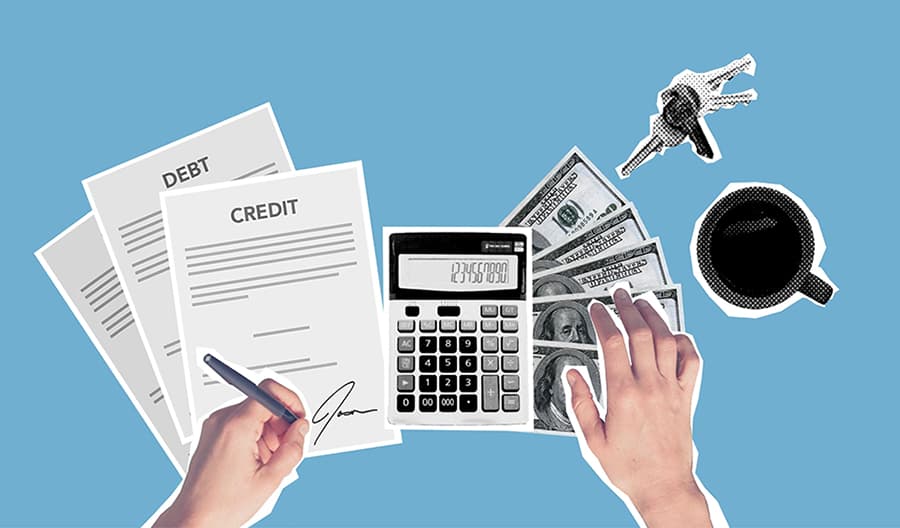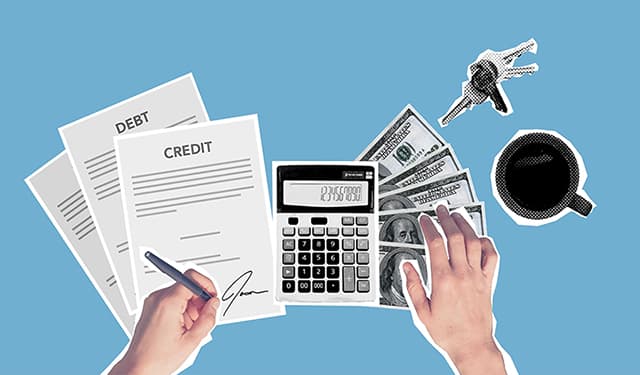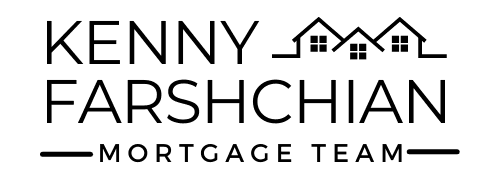Does the Bank Own My Home with a Reverse Mortgage?


Does the Bank Own My Home with a Reverse Mortgage?
Introduction
Reverse mortgages have gained popularity in recent years as a financial tool for retirees looking to tap into the equity of their homes. However, many homeowners have questions about how reverse mortgages work and whether the bank ultimately owns their home. In this blog post, we will explore the intricacies of reverse mortgages to provide you with a clear understanding of the relationship between you and the bank when you opt for this financial solution.
What is a Reverse Mortgage?
Before diving into ownership concerns, it's essential to grasp the basics of a reverse mortgage. A reverse mortgage is a type of loan available to homeowners aged 62 or older, designed to allow them to access a portion of their home's equity without selling the property or making monthly mortgage payments. Instead of making payments, the lender pays the homeowner, typically in the form of monthly payments or a lump sum. The loan, along with interest, is repaid when the homeowner moves out of the home, sells it, or passes away.
Ownership of the Home
The fundamental question many people have about reverse mortgages is whether the bank takes ownership of their home. The answer is no; the bank does not own your home when you have a reverse mortgage. You, as the homeowner, continue to hold the title to the property, and you are responsible for its maintenance, property taxes, and insurance.
The lender's interest in the property is limited to the amount they have advanced to you through the reverse mortgage. This loan amount, along with accrued interest, is what must be repaid when the loan becomes due. It's crucial to note that the lender does not have any rights to your home beyond the loan balance.
Loan Repayment
The repayment of a reverse mortgage typically occurs when one of the following events takes place:
- You move out of the home: If you decide to sell the home or move to a different primary residence, the reverse mortgage becomes due. At this point, you or your heirs have the option to pay off the loan, typically by selling the home, refinancing it, or using other funds.
- You pass away: When the homeowner passes away, the reverse mortgage becomes due and payable. The heirs of the estate have the choice to repay the loan and keep the home or sell it to settle the debt. In some cases, the loan balance may exceed the home's value, but the repayment is typically capped at the home's appraised value.
- You violate the loan terms: Failing to meet the loan obligations, such as maintaining the property, paying property taxes, or keeping homeowner's insurance current, can trigger the lender's right to call the loan due.
Conclusion
In summary, a reverse mortgage does not mean that the bank owns your home. You remain the homeowner and retain all the rights and responsibilities associated with homeownership. The bank's interest is limited to the loan amount and accrued interest, which must be repaid when certain conditions are met. Reverse mortgages can be a valuable financial tool for retirees, providing them with access to their home equity while allowing them to continue living in their homes. However, it's essential to fully understand the terms and obligations associated with reverse mortgages before deciding if it's the right option for your financial needs. Consulting with a qualified financial advisor or counselor can help you make an informed decision about your financial future.
Go Back

